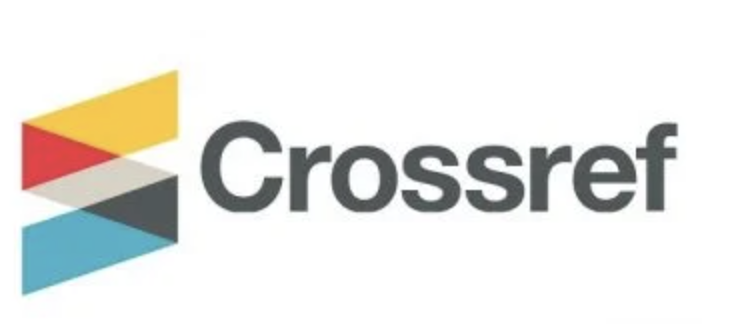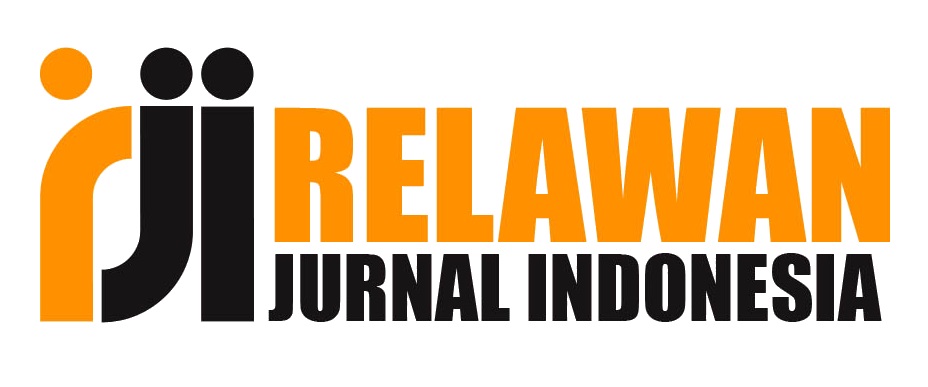Students' Perception of Learning English Vocabulary Via @Kampunginggrism Instagram Account
DOI:
https://doi.org/10.63324/lec.1v.2i.12Keywords:
e-learning, English vocabulary, Instagram, students’ perceptionsAbstract
This research seeks to explore students' perceptions of learning English vocabulary through the @kampunginggrism Instagram account and to detail how the platform enhances their vocabulary. The study uses a descriptive qualitative approach, focusing on six eighth-semester students from the English Education Department at Salatiga State Islamic University (UIN Salatiga). Data was gathered via observation, interviews, and documentation.The findings reveal that the @kampunginggrism Instagram account is a highly effective tool for improving students' English vocabulary. It provides an engaging and accessible way to learn, making the experience enjoyable and easy for students. The account is recommended as a valuable resource for other students looking to enhance their English vocabulary. Through features such as quizzes, the platform encourages active participation, helping students to look up unfamiliar words and apply new vocabulary. Overall, the account offers a range of tools that make vocabulary learning fun, efficient, and impactful.
References
Abdullah, M. (2015). Metodologi Penelitian Kuantitatif. Yogyakarta: Aswaja Pressindo
Agustin, R. W. & Ayu, M. (2021). The impact of using Instagram for increasing vocabulary and listening skill. Journal of English Language Teaching and Learning, 2(1), 1–7. https://doi.org/10.33365/jeltl.v2i1.767
Andeska, L., Sutiyono, A., Hastomo, T., & Angraini, N. (2021). The Correlation of Vocabulary Mastery and Reading Interest with Quick Reading Ability. IJLHE: International Journal of Language, Humanities, and Education, 4(1), 50–58.
Arsyad, A. (2011). Media Pembelajaran. Jakarta: PT Raja Grafindo Persada.
Azkiya, U. (2019). Students’ Perception towards the impact of English Learning Accounts on Instagram on Students‟ Vocabulary. (Undergraduate Thesis, UIN Ar-Raniry). https://repository.ar-raniry.ac.id/id/eprint/8458/
Coxhead, A. (2006). Essentials of Teaching Academic Vocabulary. USA: Houghton Mifflin Company, p. 1.
Crystal. (1997). English as Global Language. New York: Cambridge University Press.
Elliott, et al. (2000). Educational Psychology: Effective Learning 3rd ed. Boston: McGraw Hill.
Hasbi, M. (2020). English Teaching Practices in Indonesia during COVID-19 Crisis. CV Raditeens.
Hasbi, M. (2021). Using Instagram for ELT Purposes. In Madkur, A., Farih, A., Rojab, A. R., Linarsih, A., Hamdani, B., Ginting, D., Hasbi, M, ... & Barella, Y. Reflections on Pedagogical Practices During COVID-19 Pandemic (Pp. 121-130). Pena Persada.
Hasbi, M. (2024). Technology-enhanced EFL activities for Gen Z students’ vocabulary building. In How to Teach English to Gen Z Students (pp. 1-12). Rizquna. http://e-repository.perpus.iainsalatiga.ac.id/21482/
Hasbi, M. (2024). The ways QuillBot enhances English academic writing. In Useful AI Tools for English Teachers (pp. 29-40). Rizquna. http://e-repository.perpus.iainsalatiga.ac.id/21413
Hasbi, M., et al. (2024). How to Teach English to Gen Z Students. Rizquna.
Hornby, A. S. (1995). The Advanced Learner’s Dictionary of Current English. In advance learners’ dictionary of English.
Lailiyah, M., Setiyaningsih, L. A. (2020). Students’ Perception of Online Communication Language Learning Through Instagram. EnJourMe (English Journal of Merdeka): Culture, Language, and Teaching of English, 5(2), 188–195. https://doi.org/10.26905/enjourme.v5i2.5202
Langan, J. (1992). College Writing Skills. USA: Mcgraw-Hill.
Liany, G., Tulung, G. J., & Lasut, T. M. C. (2021). Persepsi Mahasiswa Terhadap Pengaruh Penggunaan Instagram dalam Pembelajaran Bahasa Inggris. Jurnal Elektronik Fakultas Sastra Universitas Sam Ratulangi, 18. https://ejournal.unsrat.ac.id/v3/index.php/jefs/article/view/33764
Prihatiningsih, W. (2017). Motif Penggunaan Media Sosial Instagram di Kalangan Remaja. Communication, 8(1), 51. https://doi.org/10.36080/comm.v8i1.651
Rizki, A. R. (2024). Leveraging social media for English language acquisition among Generation Z learners. In Hasbi, M., et al., Useful AI Tools For English Teachers, Pp. 137-144. Rizquna. http://e-repository.perpus.iainsalatiga.ac.id/21414
Rokhmawati, S., Mastuti, H. (2018). Penggunaan Instagram Untuk Meningkatkan Penguasaan Kosa Kata Bahasa Inggris. 12(2), 196–203. https://doi.org/10.26877/mpp.v12i2.3838
Sari, L. P., Hastomo, T., & Nurchurifiani, E. (2023). Assessing the Efficacy of Duolingo for Acquiring English Vocabulary Skills: Experimental Research. Journal of English Teaching Applied Linguistics and Literatures (JETALL), 6(2), 193–200.
Simonson, S. A. (2000). Teaching and Learning at a Distance: Foundations of Distance Education. Upper Saddle River, NJ: Merrill.
Sugihartono, et al. (2007). Psikologi Pendidikan. Yogyakarta: UNY Pers.
Waidi. (2006). The Art of Re-engineering Your Mind of Success. Jakarta: Gramedia.
Waziana, W., Andewi, W., Hastomo, T., & Hasbi, M. (2024). Students’ perceptions about the impact of AI chatbots on their vocabulary and grammar in EFL writing. Register Journal, 17(2), 328–362. https://doi.org/https://doi.org/10.18326/register.v17i2.352-382
Yulistiani, E., Supriyono, S., Wicaksono, A., & Hastomo, T. (2020). The Correlation between Vocabulary Mastery, Reading Habits, and The Students’ Writing Ability. IJLHE: International Journal of Language, Humanities, and Education, 3(1), 69–76.















